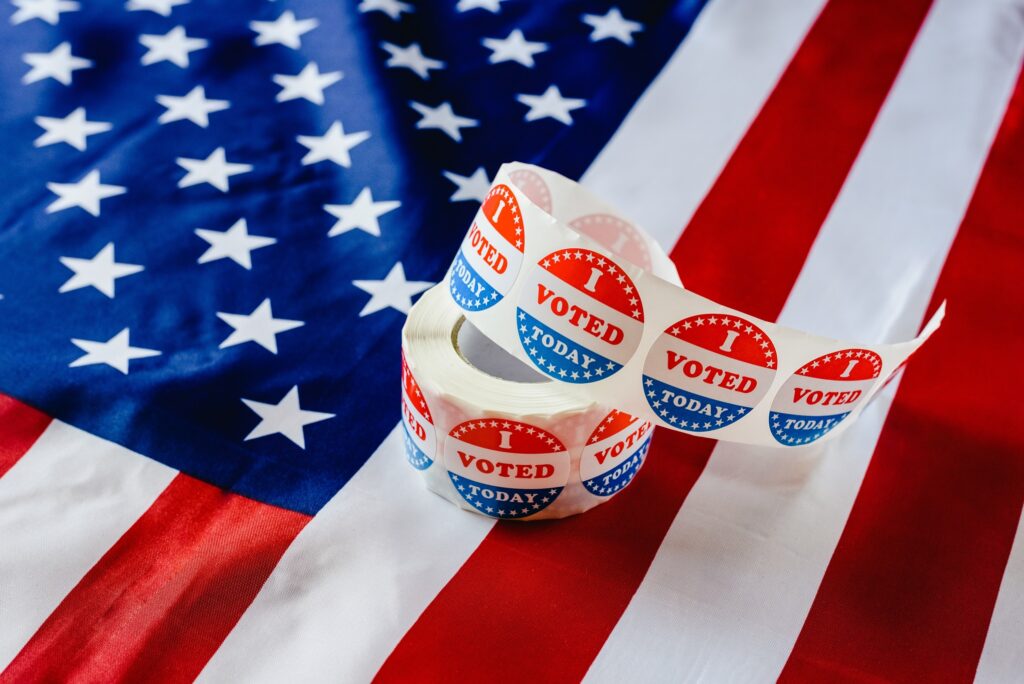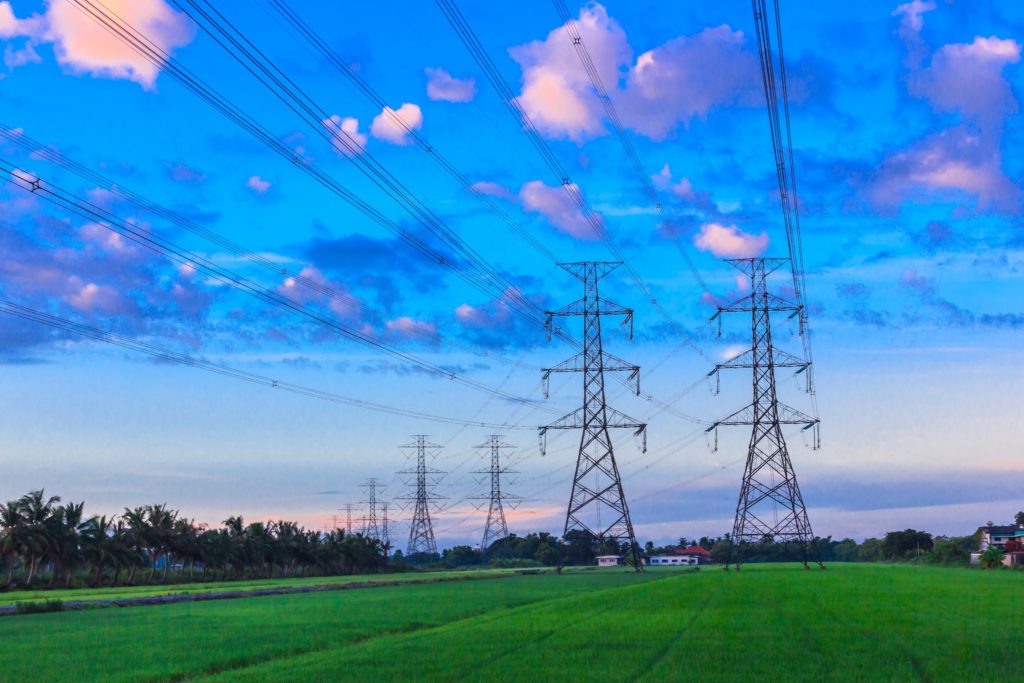How the sharing economy can help in disaster recovery
The sharing economy has created new opportunities for hundreds of thousands around the world. It has provided new options in everything from lodging to transportation. It has helped the environment and brought new life to old items. It has even created new wealth for the overall economy, as people monetize their underutilized assets.
But can the sharing economy help address a major emergency such as a natural disaster? It’s one thing for the sharing economy to work when everything is operating normally. Booking a room for the night through Airbnb is easy enough most nights, but can it be of service to someone fleeing a disaster zone? Can Uber be used to help deliver relief supplies? Can social media be used to bring people who have supplies and those who need them together?
We have an ongoing case study in Louisiana, which was devastated last month by a nonstop rainstorm that caused massive flooding in and around the state capital of Baton Rouge. It was largely ignored by the national media. However, the event has shown that ordinary people using the sharing economy and social media can deliver immediate relief in a disaster.
The rain that hit Louisiana and drowned much of the state came in suddenly. Some businesses and homes took on four feet of water in two hours. Tens of thousands of people were made homeless. At first, the people of Louisiana set up temporary storm shelters in churches and other large buildings. Even a movie studio became a storm shelter housing 2,000 residents and their pets.
These storm shelters are a temporary solution until the situation is stabilized, when people then move on to options like hotels. But what if you didn’t have any money? Fortunately, Airbnb and its hosts in south Louisiana were able to come through. The company waived all service fees for properties and rooms listed for short-term rental in the disaster. Even more impressively, the company allowed owners to rent their rooms to evacuees for nothing.
This is not the first time that Airbnb has offered free rooms for those who have been affected by a disaster. Airbnb has also assisted in providing housing for those affected by earthquakes in Japan and Ecuador.
Airbnb is not the only sharing economy service that has met disaster-relief needs. Uber has played a role in delivering relief supplies in Louisiana. An event planner by the name of Sarah Joy Hays lives in Baton Rouge and wanted to something to help storm victims. She set up a GoFundMe page to collect donations and buy supplies from an Amazon wishlist she created.
When word of her project spread, Trader Joe’s Community Outreach contacted her to help deliver supplies. A carload of sorority sisters came down to help distribute supplies for Hays. Trader Joe’s paid for the sorority sisters to take Ubers to make deliveries to the places that needed them.
For its part, Uber has ended its “price surging” during declared natural disasters and emergencies. But the Uber model has inspired a startup called HealthTap, which could help with disaster response. During a disaster, an official or company can get life-saving information instantly from a network of more than 100,000 doctors through the HealthTap SOS platform.
The service proved useful when flooding struck Chennai, India in late 2015. Patients were able to get lifesaving information for themselves and their employees, in some cases at the press of a smartphone button.
Finally, social media can be used in a way to deliver relief to those who need it without a lot of bureaucracy. A former TV journalist, Melanie Hebert, has setup LAFloodBud.org to connect people who need supplies with those who want to donate them. It’s done through a series of Facebook groups that specialize in particular supplies. For example, if you need school supplies for the children, you go to the Facebook group that has them. All that has to be done is to arrange for delivery.
In the Louisiana flooding, private disaster relief proved to be far more efficient than the government. When the first responders were overwhelmed by flooding, the “Cajun Navy” of volunteers stepped up. The sharing economy and social media can cut the through the red tape that often accompanies a disaster.
Emergency officials and lawmakers should find ways to empower these efforts and the sharing economy that supports them, not to strangle them.
Photo by Ken Durden / Shutterstock.com






